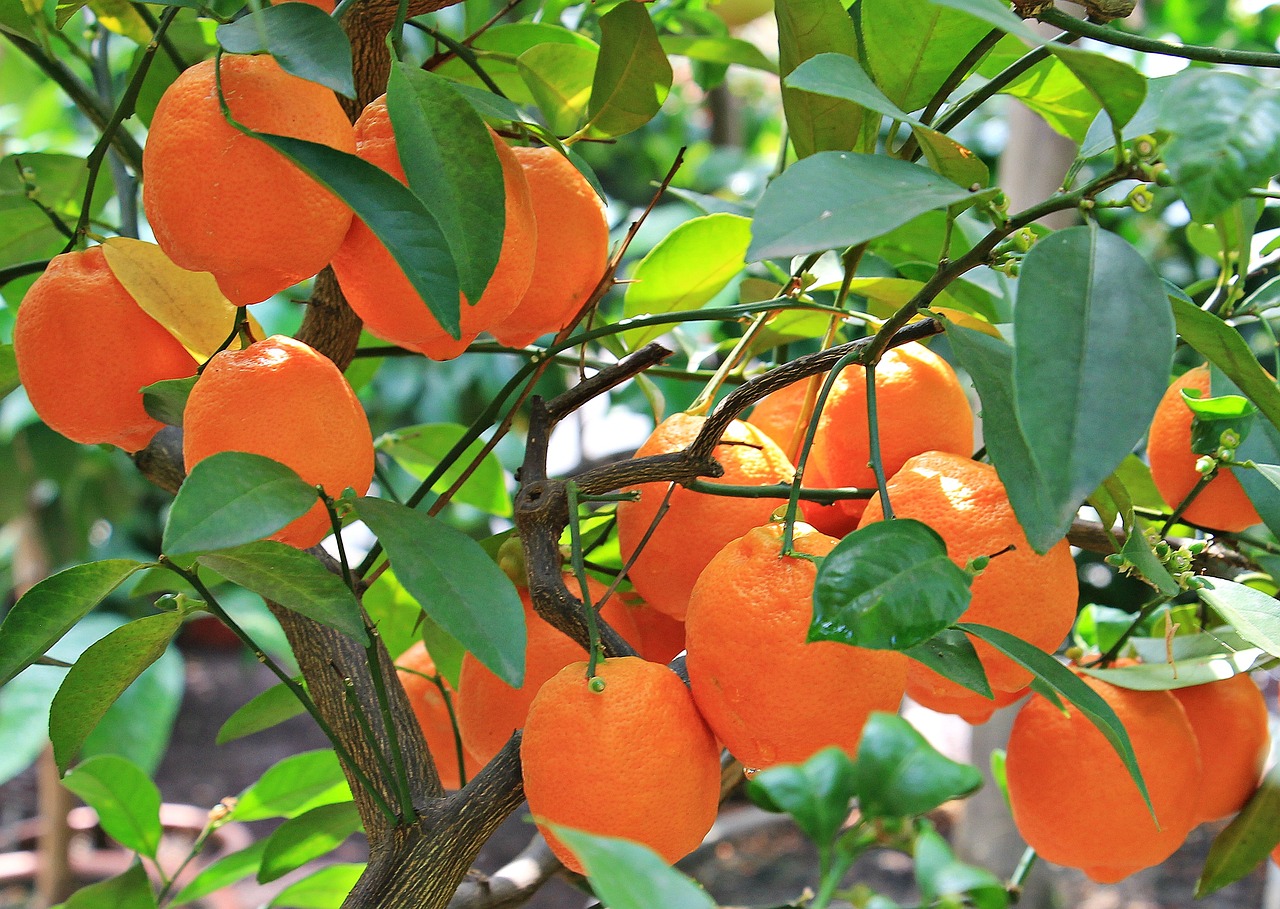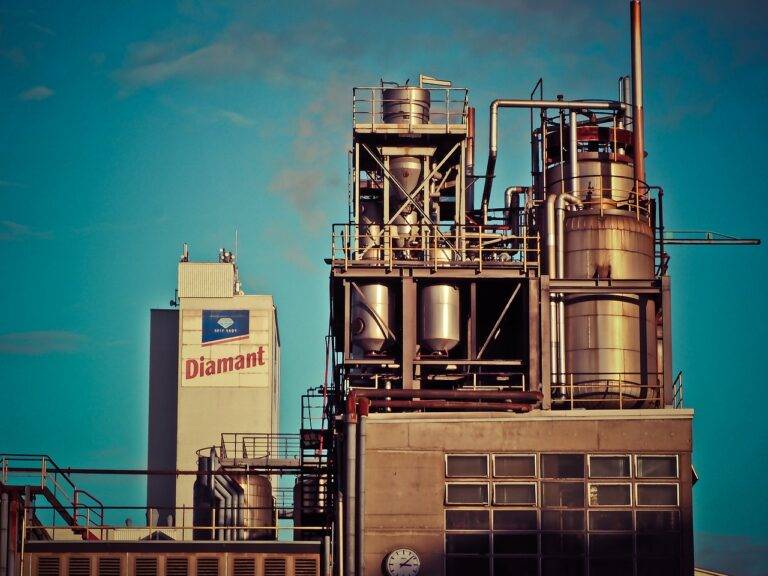The Role of Fermented Beverages in Culture
Fermented beverages have been enjoyed by various cultures around the world for centuries. The process of fermentation involves the conversion of sugars into alcohol and carbon dioxide by yeast or bacteria, which gives these beverages their unique flavors and characteristics. Examples of fermented beverages include beer, wine, mead, and cider, each with its own distinct production methods and ingredients.
Fermented beverages are not only appreciated for their taste, but also for their potential health benefits. Some studies suggest that certain fermented beverages, such as red wine, may have antioxidant properties that could positively impact heart health. Additionally, the probiotics found in some fermented drinks, like kombucha and kefir, have been linked to improved digestion and immune function.
History of Fermented Beverages
Fermented beverages have a rich and varied history that dates back thousands of years. The process of fermentation, which involves the conversion of sugars into alcohol by yeast or bacteria, has been used by different cultures around the world to create a wide range of beverages. From beer in ancient Mesopotamia to wine in ancient Egypt, fermented drinks have played a significant role in social, religious, and cultural practices.
Throughout history, fermented beverages have been enjoyed for various reasons beyond just their intoxicating effects. In many societies, these drinks were believed to have medicinal properties and were often used in rituals and ceremonies. The art of fermentation has evolved over time, leading to the creation of a diverse selection of beverages ranging from mead and sake to kombucha and kefir.
What are fermented beverages?
Fermented beverages are drinks that have undergone a fermentation process, where sugars are converted into alcohol and carbon dioxide by yeast or bacteria.
What is the history of fermented beverages?
The history of fermented beverages dates back thousands of years, with evidence of early civilizations brewing alcoholic drinks such as beer and wine for ceremonial, medicinal, and social purposes.
What are some examples of fermented beverages?
Some examples of fermented beverages include beer, wine, cider, mead, sake, kefir, kombucha, and kvass.
How is fermentation used in the production of beverages?
Fermentation is used in the production of beverages by introducing yeast or bacteria to sugars in fruits, grains, or other ingredients, which converts the sugars into alcohol and other byproducts.
Are fermented beverages considered healthy?
In moderation, fermented beverages can have health benefits such as probiotics, antioxidants, and potential heart health benefits. However, excessive consumption can have negative health effects.





